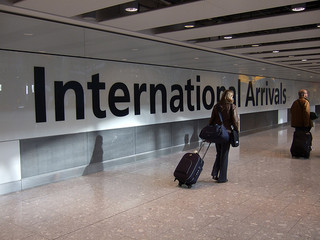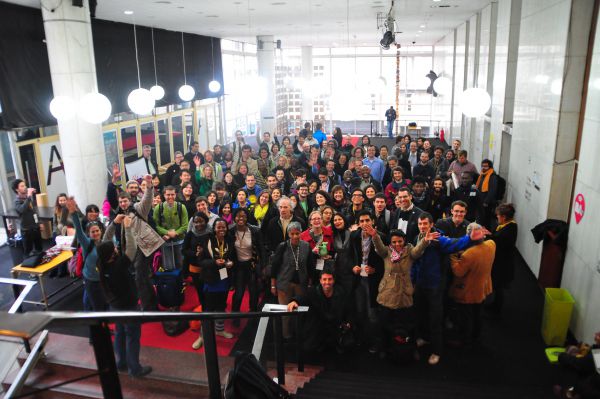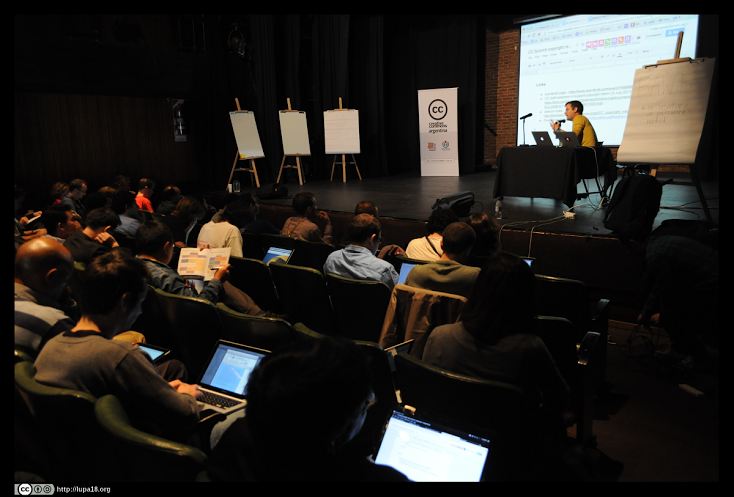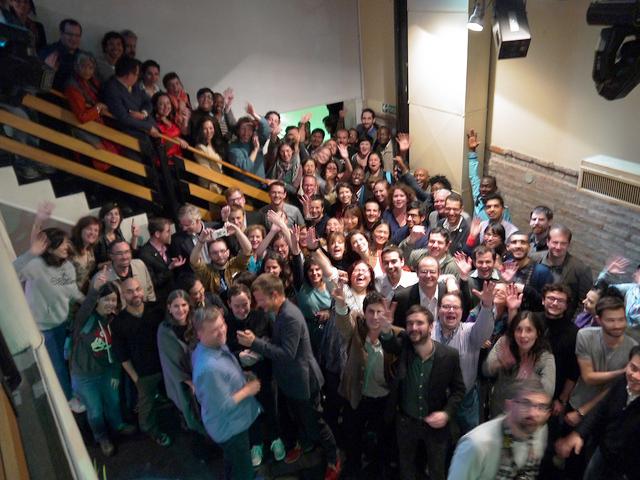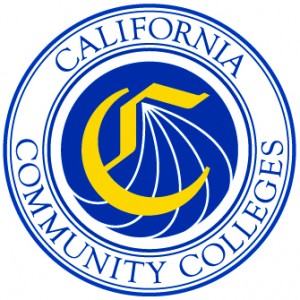Welcoming David Wiley, CC’s new Education Fellow
samedi 14 septembre 2013 à 06:21
In the McKay School of Education / Mark A. Philbrick / CC BY
David Wiley, longtime open education leader, has joined Creative Commons as a CC Education Fellow. Welcome David!
David is also currently a Shuttleworth Fellow, on leave from Brigham Young University, and leading Lumen Learning, an organization dedicated to supporting and improving the adoption of open educational resources (OER) by middle schools, high schools, community and state colleges, and universities.
David will be promoting Creative Commons and its interests in open education activities and meetings and will:
- visit institutions of secondary and post-secondary education promoting OER and CC licenses;
- continue to share his “Intro to Openness in Education” course with the School of Open;
- actively participate in the Open Policy Network; and
- create, CC license, and publish primers on OER and open textbook adoption at the secondary level and post-secondary level.
To start, David addresses the problems with the “open” washing that is occurring with more frequency in education as OER gains popularity, over at his blog. Welcome David!
